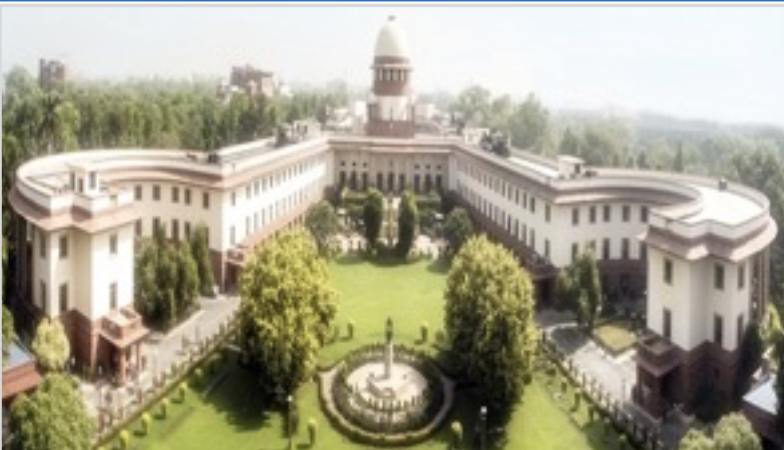On Tuesday (December 14th, ,2021), the Supreme Court decided in favour of the Centre, allowing it to build and widen three highways that are part of the Char Dham Highway Project (CDHP) in Uttarakhand.
The CDHP project by the Ministry of Road Transport and Highways is one with a massive 889-kilometer construction scope in Uttarakhand that aims to connect the Hindu holy sites of Kedarnath, Badrinath, Yamunotri, and Gangotri. It was a 12000 Crore project launched in December, 2016 with the goal of building and widening around 900 km of national highways for safer, smoother, and quicker traffic circulation along the three national highways leading from Rishikesh to Mana, Rishikesh to Gangotri, and Tanakpur to Pithoragarh connecting the Char Dham.
An environmental NGO (a Dehradun-based non-profit Citizens for Green Doon) challenged CDHP in 2018 for its harmful impact on Himalayan ecology and biodiversity.
The CDHP, on the other hand, was deemed critical by the Ministry of Defence since these three highways serve as tributary roads to India’s northern border with China. They will be critical for the rapid build-up of armaments and an army along the Indo-China border if necessary.
As a result, it filed an appeal in the Supreme Court against the stay order and argued for a double-lane road with a 10 metre carriageway instead of the 5.5 metre granted previously.
Considering this as a matter of national security, the Supreme Court has granted the Centre permission to build 10-metre-wide roads, which will enable forces to transfer their men and supplies to the border considerably faster.
To address the project’s environmental concerns, the Supreme Court established an oversight committee chaired by retired Supreme Court Justice A K Sikri. The committee will oversee the project to ensure its environmental safety.
Inputs by Aarya Krishnan

